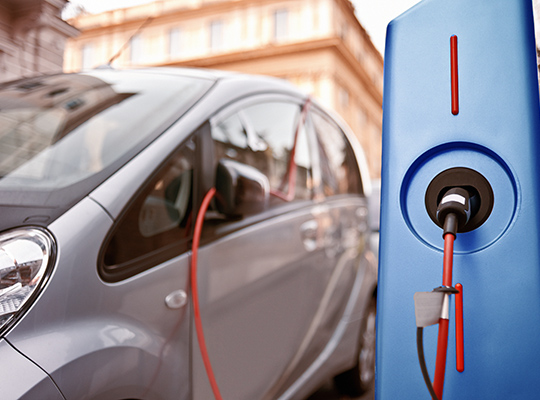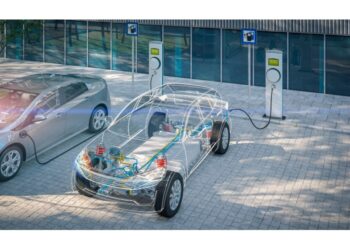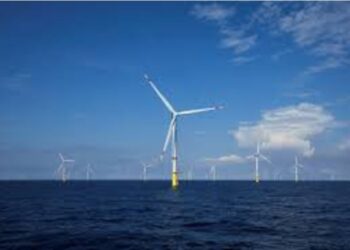PORTLAND — Allied Market Research published a report, titled, “Electric Vehicle Supply Equipment (EVSE) Market by Application (Residential and Commercial) and Type (Level 1, Level 2, and Level 3): Global Opportunity Analysis and Industry Forecast, 2021–2030.” According to the report, the global electric vehicle supply equipment industry $2.13 billion in 2020, and is expected to reach $20.84 billion by 2030, witnessing a CAGR of 25.9% from 2021 to 2030.
Drivers, Restraints, and Opportunities
Increase in demand for electric vehicles, supportive government initiatives for development of electric vehicle charging infrastructure, and demand for low-emission and fuel-efficient vehicles drive the growth of the global electric vehicle supply equipment market. However, lack of standardization of EV charging and expensive nature of electric vehicle charging infrastructure hinder the market growth. On the other hand, development of wireless charging technology and incorporation of vehicle-to-grid (V2g) EV charging stations present new opportunities in the coming years.
Covid-19 Scenario
- The Covid-19 pandemic made a detrimental impact on the automotive sector. Manufacturing activities of electric vehicle supply equipment halted partially or completely due to lockdown measures implemented across many countries. Moreover, disruptions in the supply chain and shortage of raw materials presented challenges in manufacturing activities.
- The investments for the R&D activities and adoption of new technologies in electric vehicle and electric vehicle charging sector have been either halted or rolled down to cope with the disrupted revenue streams and lowered demand.
- The ban on export activities in China led to reduced procurement of automotive parts, huge disruptions across Europe, and shutting down of assembly plants in the U.S.
The Level 2 segment to continue its leadership status during the forecast period
Based on type, the level 2 segment contributed to the highest share in 2020, accounting for more than 87% of the global electric vehicle supply equipment market, and is expected to continue its leadership status during the forecast period. This is due to offering of faster-charging speed as compared to level 1 charging and excellent cost to performance ratio. However, the level 3 segment is projected to witness the highest CAGR of 34.1% from 2021 to 2030, owing to the fastest type of charging available to date.
The residential segment to maintain its lead in terms of revenue during the forecast period
Based on application, the residential segment contributed to the largest share in 2020, accounting for more than four-fifths of the global electric vehicle supply equipment market, and is projected to maintain its lead in terms of revenue during the forecast period. This is attributed to adoption of electric vehicles as an alternative to fuel-operated vehicles along with supportive government initiatives to lower down carbon emissions. However, the commercial segment is expected to portray the largest CAGR of 28.8% from 2021 to 2030. This is due to rapid rise in requirement for fast charging solutions for charging vehicles for a longer range in less time.
North America to grow at the fastest CACR during the forecast period
Based on region, North America is estimated to witness the fastest CAGR of 29.9% from 2021 to 2030, owing to rapid increase of electric vehicle charging infrastructure in the region. However, Asia-Pacific held the largest EVSE market share in 2020, contributing to more than half of the global electric vehicle supply equipment market, and is expected to maintain its dominance by 2030. This is due to rapid surge of electric vehicle sales in the region.
Leading Market Players
- Abb Ltd.
- BP Chargemaster
- Chargepoint Holdings, Inc.
- Delta Electronics, Inc.
- Eaton Corporation Plc
- Leviton Manufacturing Co., Inc.
- Schneider Electric
- Siemens AG
- Tesla
- Webasto Group













